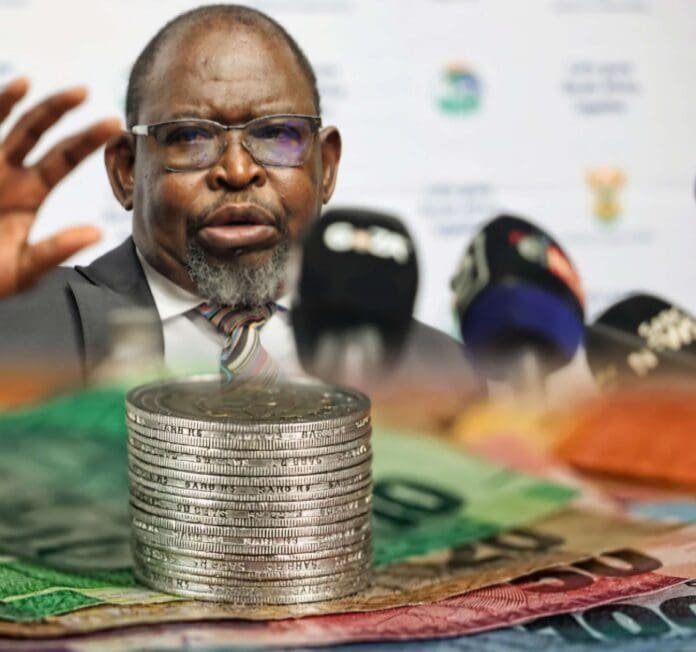South African motorists will face an increased fuel levy from early June, while plans to expand the basket of VAT zero-rated food items have been officially withdrawn. These are among the key adjustments announced by Finance Minister Enoch Godongwana in the refined 2025 Budget speech, which aims to consolidate the nation’s fiscal position while navigating evolving economic realities.
This marks the third attempt by the finance minister to deliver a workable budget for the 2025/26 fiscal year. The initial version tabled in February proposed a controversial 0.5 percentage point increase in VAT—from 15% to 15.5%—to raise critical revenue. However, political pushback and public outcry led to a second proposal, which also failed to pass. Under intense pressure and following parliamentary committee reviews, the Treasury ultimately reversed the VAT hike, leaving a R75 billion revenue hole and forcing further budgetary trade-offs. The result is what observers now call Budget Speech 3.0.
Fuel levy hike begins June 4
The most immediate impact for consumers will be seen at the pumps. Effective June 4, 2025, the general fuel levy will rise by 16 cents per litre for petrol and 15 cents per litre for diesel.
This is the first increase in three years and is presented as a moderate, inflation-linked adjustment to help offset lost revenue, not as a significant new tax burden. The Road Accident Fund (RAF) levy will remain unchanged.
No expansion of VAT-free food list
Equally notable is the government’s withdrawal of its earlier proposal to expand the list of VAT zero-rated essential food items. The expansion would have included edible offal from livestock and poultry, dairy liquid blends, and canned vegetables—meant to cushion low-income households from the impact of the now-abandoned VAT hike.
With the decision to maintain VAT at 15%, the Treasury argued that expanding the zero-rated basket was no longer justified. The existing list of exempted items, including staples like brown bread and maize meal, will remain unchanged.
Broader fiscal strategy and spending priorities
Despite these tax-related adjustments, the overarching theme of the 2025 Budget remains one of fiscal prudence. The National Treasury anticipates narrowing the consolidated budget deficit from 5% of GDP in 2024/25 to 3.5% by 2027/28. National debt is projected to peak at 77.4% of GDP in 2025/26—a signal of the government’s intent to stabilise public finances.
Major allocations include:
- Learning and Culture (Education): R508.7 billion to support early childhood development through to tertiary education.
- Social Development (Grants and Welfare): R422.3 billion for social grants and poverty alleviation.
- Health: R298.9 billion to strengthen healthcare services and infrastructure.
- Community Development (Housing & Infrastructure): R286.6 billion for critical infrastructure and housing projects.
- Economic Development: R289.8 billion to boost job creation, support agriculture, and drive innovation.
No inflation adjustment to income tax brackets
To reinforce revenue, the government will not adjust personal income tax brackets or rebates for inflation in 2025/26. This effectively increases the tax burden on salaried workers as earnings rise. Meanwhile, SARS will receive additional funding to broaden the tax base and enhance compliance.
The refined 2025 Budget is the result of months of political negotiation and economic recalibration. While many households may feel the sting of higher fuel costs, others may welcome the decision to hold the VAT line. However, with food price inflation still a concern, the reversal on expanded food relief may leave the most vulnerable feeling overlooked.
For insights on the latest policy shifts, socio-economic updates, and more, visit NOWinSA — Stories Shaping South Africa Today.

